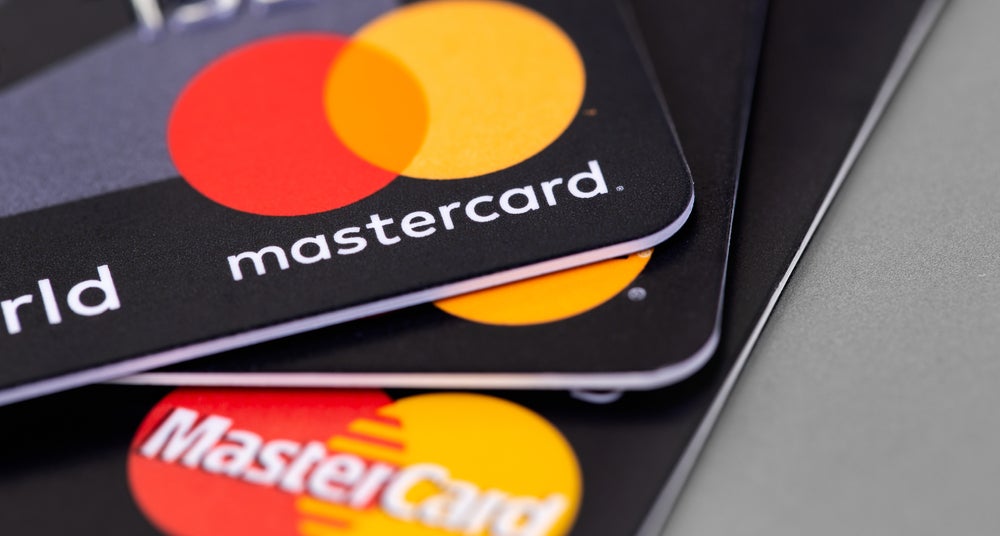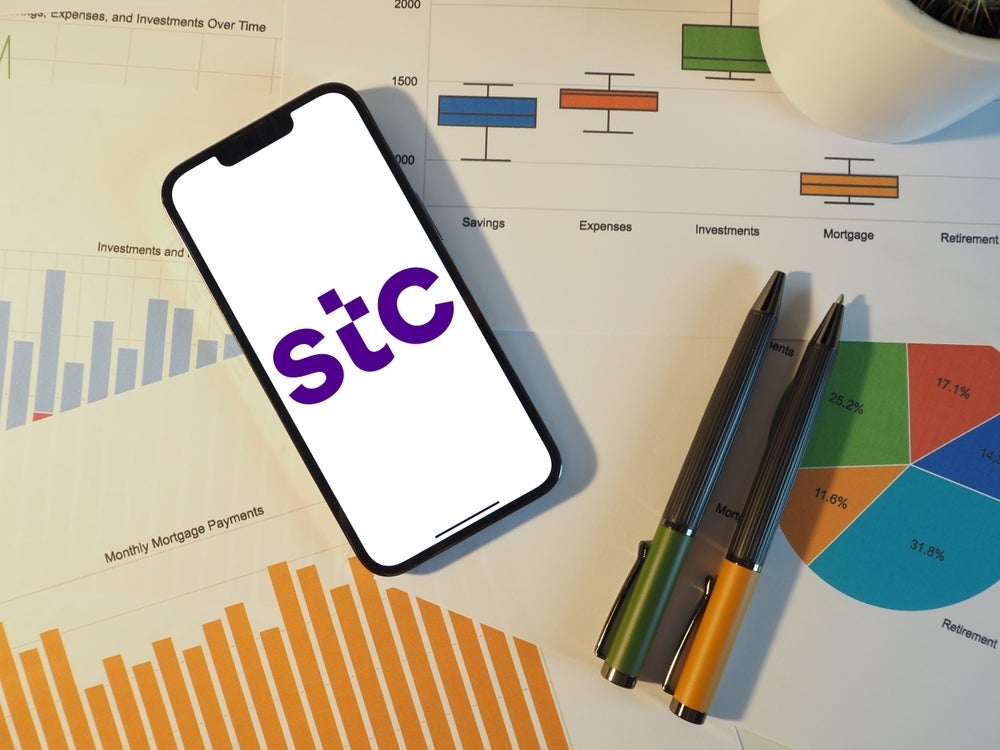New Zealand’s cards and payments industry is well developed, and consumers are prolific users of payment cards.
According to a February 2016 Mastercard survey, New Zealand has the lowest cash use among OECD countries, and around half of participants expected cash payments to cease in the next 10 years. A strong banked population and high financial awareness among New Zealanders have driven payment card penetration. The frequency of use of payment cards in New Zealand stood at 117 in 2017 – the highest figure among its peer countries.
At the core of the payment market is consumers’ embrace of debit cards and Eftpos, which has been the main driver behind the growth in all non-cash payments. It is a highly mature market in terms of card penetration, although consumers tend not to favour credit cards as a payment option.
Mobile payments need to focus on replicating the convenience of debit cards, which have benefited from the widespread roll-out of contactless. New Zealand consumers have traditionally been debt-conscious and prefer to pay with available funds rather than on credit. Banks offer a range of benefits, including reward programmes, balance transfer services, and lower interest rates on card transactions to encourage pay-later card use.
A number of non-bank players are also attempting to establish themselves. Financial services provider Gem offers a Visa credit card with 0% interest for the first six months on transactions above NZ$250 ($177.40). Similarly, Warehouse Money offers the Warehouse Money Visa and Purple Visa credit cards.
The country’s banking sector is close to saturation, and the percentage of New Zealanders aged 15 or above with a bank account reached 99.6% in 2017 according to the World Bank’s Global Findex database. This near-saturation and rising competition has driven banks to target niche segments such as immigrants. For instance, ANZ Bank offers a Migrant Banking Package, which includes a current account, a debit card and a credit card. Account holders are also eligible for personal loans.
How well do you really know your competitors?
Access the most comprehensive Company Profiles on the market, powered by GlobalData. Save hours of research. Gain competitive edge.

Thank you!
Your download email will arrive shortly
Not ready to buy yet? Download a free sample
We are confident about the unique quality of our Company Profiles. However, we want you to make the most beneficial decision for your business, so we offer a free sample that you can download by submitting the below form
By GlobalDataE-commerce in New Zealand is anticipated to record a CAGR of 8.6% over the next five years. Widespread digital access in the form of growing internet and mobile penetration is a key growth driver. New Zealanders prefer traditional payment tools such as debit and credit cards for e-commerce, but emerging payment methods are growing in popularity.
Contactless payments are gaining prominence in New Zealand, with all major banks offering contactless cards. Mastercard collaborated with ANZ Bank, ASB Bank, BNZ and Westpac to launch the Switch On campaign and website in July 2017 to educate retailers about the benefits of contactless payments.






